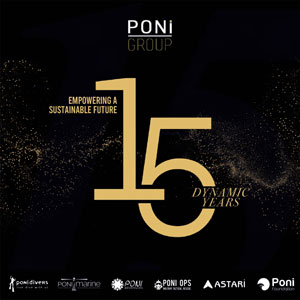Azlan Othman
Increased military tensions arising from potential flashpoints, climate change and more intense and frequent weather events and unemployment and economic recession were the top three challenges listed by respondents from Brunei Darussalam in a recent State of Southeast Asia survey conducted by the ASEAN Studies Centre at the ISEAS-Yusof Ishak Institute. Brunei Darussalam and Vietnam felt most acutely about the security threats arising from potential conflict over flashpoints, such as the South China Sea, Taiwan Strait and the Korean Peninsula, at 75 per cent and 64.7 per cent respectively.
Some 74.2 per cent of Brunei respondents expressed strong worries about climate threat and climate change, while 49.2 per cent of respondents named unemployment and economic recession as their main concerns.
Findings from the survey revealed that the region’s top preoccupations are recessionary pressures, potential military tensions, and a ‘slow and ineffective’ ASEAN.
China continues to be regarded as the most influential economic and political power while Japan remains its most trusted major power in terms of “doing the right thing”.
Director and Chief Executive Officer of ISEAS-Yusof Ishak Institute and Head of the ASEAN Studies Centre Choi Shing Kwok said the survey reflected heightened regional concerns about economic and geopolitical issue and showed that the region remains open to the United States (US) and China playing constructive roles and welcomes the presence of other major powers.







